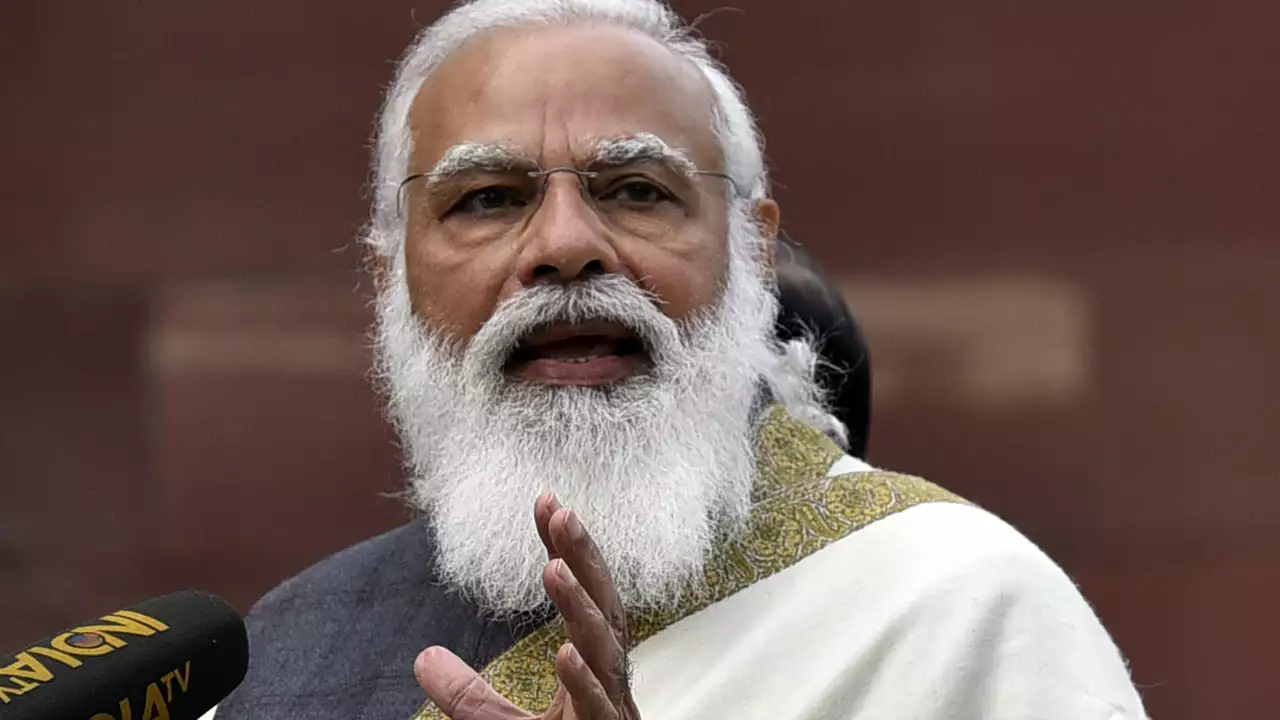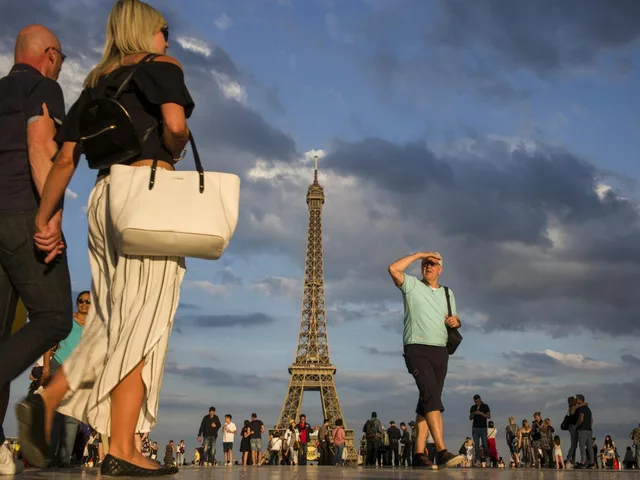
Understanding the Role of Media in Politics
The media plays a vital role in the democratic process. It provides the populace with information and insights into the workings of their government. The Times of India, one of the most widely read English daily newspapers in the world, is no exception. It is known for its fearless and unbiased journalism. Its critical approach to Prime Minister Narendra Modi's administration is not a sign of animosity but rather a function of its role as a watchdog.
It is crucial to remember that the role of the media is not to serve as a mouthpiece for any political party or leader but to question, scrutinize, and provide a balanced perspective. This critique often comes across as negativity, but in truth, it is an essential part of the democratic process.
Modi's Policies and Times of India's Scrutiny
One of the reasons why the Times of India appears critical of Prime Minister Modi is due to its thorough examination of his policies. The newspaper does not shy away from pointing out the flaws in the government's plans and actions.
From the rollout of the Goods and Services Tax (GST) to the handling of the COVID-19 pandemic, the Times of India has provided comprehensive coverage, highlighting both the positives and negatives. This kind of analysis is critical for the public to form an informed opinion about their government's performance.
Times of India and the Freedom of Speech
The Times of India's critical approach towards Modi's administration can also be seen as a testament to the freedom of speech in the country. It is an affirmation that the press in India can and does operate independently, without fear of retribution or censorship.
By presenting differing viewpoints and asking tough questions, the Times of India strengthens democratic values and promotes an informed citizenry. This is not a personal attack on Prime Minister Modi but a reflection of the newspaper's commitment to its journalistic duties.
Examining the Media's Role in Democracy
The media's role in a democracy is to provide a platform for debate and discussion. It should question those in power and provide a voice to those who are often unheard. The Times of India's critical approach towards Modi's administration aligns with this democratic mandate.
It's important to remember that criticism does not necessarily mean opposition. It could merely be a call for self-reflection, improvement, and change. Thus, it would be incorrect to label the Times of India as 'anti-Modi' based solely on its critiques.
The Impact of the Times of India's Critiques
The Times of India's critiques of the Modi administration have a significant impact. They stimulate public debate and force the government to respond to the concerns raised. This engagement between the government and the media is a critical aspect of democracy.
Moreover, these critiques also encourage other media outlets to hold the government accountable. This leads to a more robust and transparent democratic system where the government is kept in check by the media and the public.
Conclusion: The Importance of Media Criticism
In conclusion, the Times of India's critical approach towards the Modi administration is not a sign of bias, but rather a reflection of the role of the media in a democracy. The media has a responsibility to scrutinize those in power, and the Times of India is fulfilling this duty.
Criticism, when constructive, can lead to improvement and advancement. It should not be viewed as a personal attack but as a tool for progress. Therefore, the Times of India's critiques of Modi's administration should be seen in this light - not as an attempt to undermine the government, but as an effort to uphold democratic values and principles.


